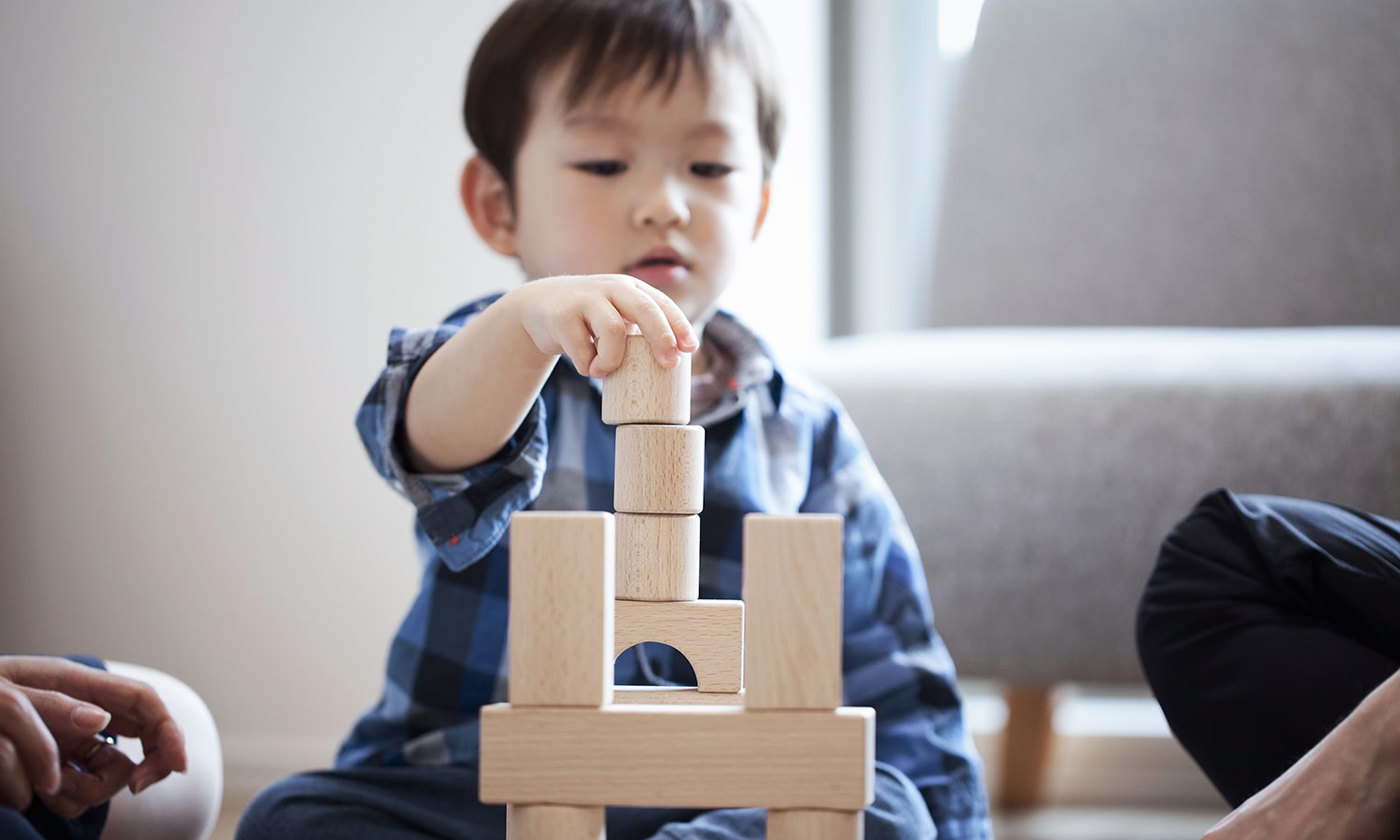Like what you see?
Sign up to receive more free parenting advice.
Thank you for subscribing to our newsletter!
Child Development

Credit: iStock.com/kohei_hara
When children cannot cope with failure, when striving to be their best hinders their learning, how can parents support them to learn the benefits of trial and error?
Perfectionism typically has a bad reputation but as Associate Professor Naomi Sweller points out, it isn’t always a negative trait.
“Broadly, perfectionism is a drive to achieve standards beyond what might be considered reasonable and often comes with being self-critical,” she explains.
“It’s important to remember that not all perfectionism is bad.
“Adaptive (helpful) perfectionism can be positively related to happiness and life satisfaction, while maladaptive (unhelpful) perfectionism is a risk factor for mental health issues, for example feelings of not being worthy enough in children, depression in high school students into adulthood and low relationship satisfaction in young adults.”
Associate Professor Sweller says that adaptive perfectionism can have a positive effect on a child’s academic learning as it can help a child try hard at tasks.
Adverse effects of perfectionism
Meanwhile, maladaptive perfectionism can have negative effects as it may cause a child to have excessive concerns when it comes to learning new tasks.
“Perfectionism is often accompanied by anxiety, including doubting one’s actions, having high standards for oneself, high parental expectations and tending to perceive criticism from one’s parents,” she adds.
The research on how children become perfectionist is mixed.
“A child may already have pre-existing perfectionistic traits, but some parenting styles can influence the development and maintenance of perfectionism,” says Associate Professor Sweller.
The impact of parenting on perfectionism
A 2014 US study found that an authoritarian parenting style, high demands with low responsiveness, was associated with more maladaptive aspects of perfectionism.
While authoritative parenting, high demands and high responsiveness, buffered children from the maladaptive aspects.
“Parents being critical or having excessively high expectations may result in a child feeling they need to meet academic, emotional or social goals that are unrealistic,” explains Associate Professor Sweller.
“Perfectionism may develop with parental responses and availability that do not match children’s attachment needs.
“Parents may project their own worries or concerns onto their children and the child may in response become hypersensitive to making mistakes.
“Parents may be controlling, having very high expectations, as well as, criticism of their children, meaning children may strive for perfection to avoid criticism.”
Perfectionism is often accompanied by anxiety, including doubting one’s actions, having high standards for oneself, high parental expectations and tending to perceive criticism from one’s parents.Associate Professor Naomi Sweller
Stay up to date with the latest news and articles from First Five Years
Thank you for subscribing to our newsletter!
The signs your child might be a perfectionist
Associate Professor Sweller notes that while perfectionism in young children hasn’t been adequately studied, there is a growing body of research that identifies the signs of perfectionism in children under the age of five.
She explains that children may worry and feel anxious about not meeting either their own or other's expectations.
“They may feel that making a mistake will have consequences which they feel are threatening,” she says.
As a result, perfectionist children might get frustrated when things don’t go to plan or anxious if they don’t succeed at a task.
“They might get very upset when they perceive some criticism or get easily embarrassed,” Associate Professor Sweller adds.
Children with perfectionist traits may also resist starting a new and unfamiliar task, simply because they will want to get it right on the first go.
How growth mindset helps
Growth mindset can work with perfectionism to achieve a positive outlook for children.
“Someone with a growth mindset believes their skills and talents can be developed, for example, through hard work,” she says.
A growth mindset can help children with adaptive perfectionism see failures as potential paths to growth.
“Someone with a growth mindset is intrinsically motivated, meaning they want to achieve for their own sake, and not because they think they will be rewarded for it,” she says.
“On the other hand, it may be associated with rigid and inflexible thinking.
“If a mistake is seen as a catastrophe, growth may be difficult if the child sees the mistake as cause for giving up, or if it causes excessive self-criticism and anxiety.”
Associate Professor Sweller says it is important for parents to help reduce the extent to which their child perceives achieving impossible standards to be important.
“We won’t get everything right the first time we do it, and sometimes it takes lots and lots of practice to learn something new,” she says.
Associate Professor Sweller’s strategies for parents raising little perfectionists:
- Let them know that making mistakes is okay, and that nobody is ever going to be perfect.
- Share your mistakes with them, so they know you make mistakes too.
- Praise your child, even if they make a mistake or weren’t successful.
- Emphasise effort and enjoyment rather than performance – it doesn’t matter if you make mistakes, the important thing is to try, and to hopefully have fun along the way.
- Make sure your child knows you love them unconditionally, and that this is not dependent on their performance at any task.






